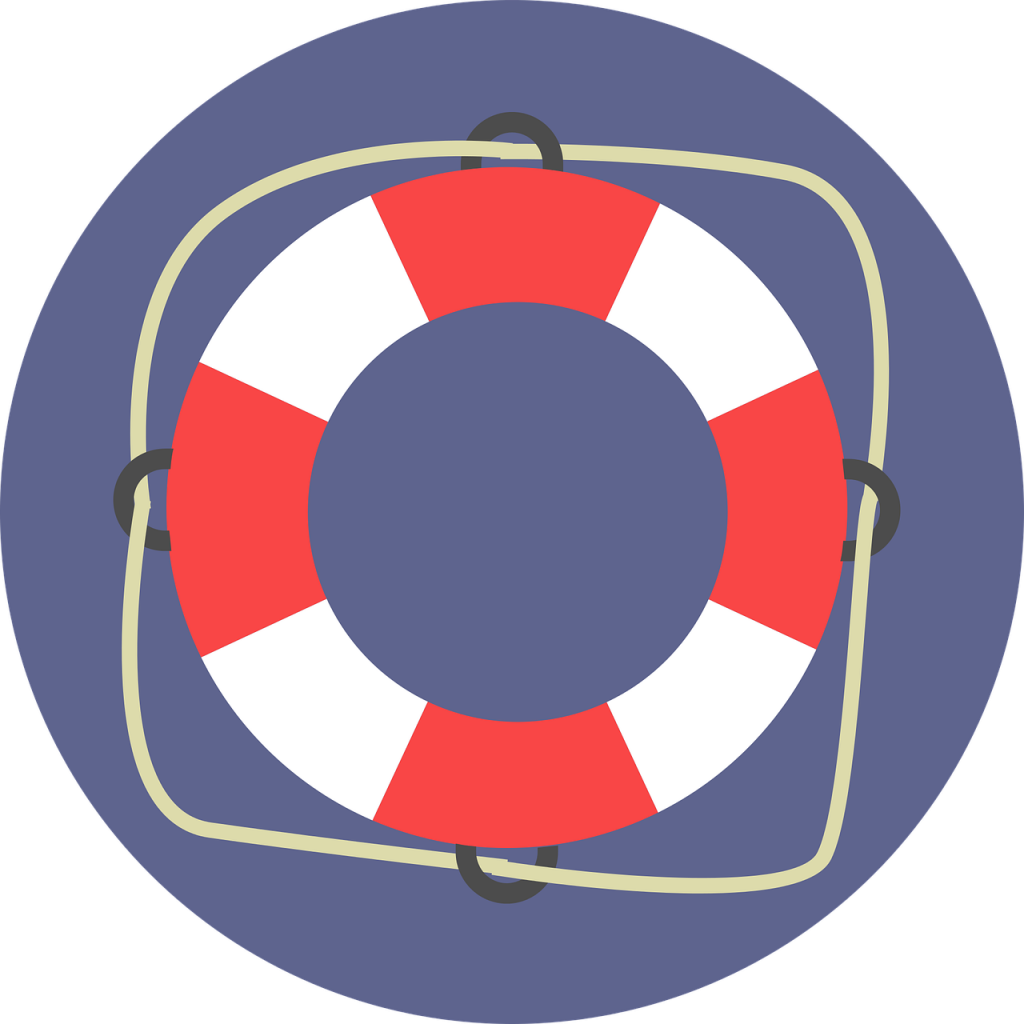During autumn 2022, FSHS will organize more than 30 mental health first aid courses for students at universities and applied sciences and staff in higher education all over Finland.
Mental Health First Aid® courses intended for students and staff of higher education institutions started in the spring and will continue in the autumn. During these courses, mental health is approached as part of overall health – as a resource, as mental wellbeing and ability to cope in daily life. The courses are suitable for all who wish to improve their mental health or that of their loved ones. Courses are organised both online and face-to-face.
“This is a unique chance to discuss matters affecting mental health in a safe atmosphere led by a professional. The courses will create new perspectives, and many participants have received tools to improve their mental health or that of others”, says Suvi Rapinoja, coordinator for mental health improvement at the FSHS.
The courses consist of two parts. Areas covered by the course Mental health as a life skill (MTEA1) include mental health in general, emotional skills, relationships and interaction, crises and life management. The course Vulnerable mind – recognition and support (MTEA2) provides information on the most common mental health disorders and their symptoms. The aim is also to dispel the stigma associated with mental health problems.
Knowledge reduces fear of getting involved and helping
Our society appreciates traditional first aid skills. Many people know how to dress wounds, place somebody in the recovery position, resuscitate and act in accident situations.
“This approach should also be extended to mental health. MTEA courses are civic trainings which are important for one’s own ability to cope and also to know how to associate with persons with mental health challenges”, Rapinoja says.
Although mental health problems and disorders are constantly increasing they are still considered strange, frightening and even shameful. The courses will teach participants how to help someone with anxiety, depression, panic disorder or self-destructiveness.
“Even if you are not experiencing mental health challenges at the moment, it’s good to be aware of the mechanisms for dealing with any challenges arising in the future. Anyone can encounter unexpected life crises”, Rapinoja points out.
Mental health first aid skills are needed now more than ever
Hannu Soronen, psychologist in charge in the FSHS Central area, says that the courses come at a good time for students. The coronavirus pandemic has affected, and is still affecting, students’ wellbeing.
“Students were alone during this unusual period. At the same time they are also embarking on the road to independence. During this phase, students are typically looking for their own individual way of life. This is one of the junctions of life when it’s important to be aware of ways you can strengthen your mental wellbeing”, Soronen says.
Soronen thinks that the courses are beneficial in two ways: firstly, your understanding of your own mental health increases, and secondly, you can address your own “pain spots” in a confidential atmosphere through discussions in small groups.
“Participants have given good feedback on the content of the courses and value the opportunity to share their own experiences and to empathize with others. I believe many participants have realised they can change the course of their lives themselves and shake off things which have limited their lives.”
Information on protective and risk factors regarding mental health
Anriika Kauppi, a fifth-year information technology student, says that MTEA courses taught her about protecting mental health as well as the factors that pose a risk to mental health, and now she knows how to acknowledge them in her daily life. She has also utilised what she has learned to help her loved ones.
“I gained a general understanding of mental health and of ways I can protect my mind during periods of stress. I understood how important it is to manage mental health challenges at an early stage.”
According to Kauppi, knowing the right courses of action helps in situations where you notice that someone has mental health challenges. She has learned that you should not assume what somebody else feels or needs but ask and help them to find words to describe their difficult feelings.
“I have never participated in a remote course run as well as this. The subjects were interesting and kept me fully concentrated. The atmosphere was unstrained and warm – I recommend the courses to all!”
Mental health should be treated like physical health
Leena Kurki-Pölönen, head of student services at South-Eastern Finland University of Applied Sciences, says the courses support the professional skills of staff at institutions of higher education. Staff meet lots of students in their daily life, and challenging situations can occasionally arise.
“One of the things I realised on the course was that the most important thing is to listen and face the other person’s emotional status without questioning and plunging into it. A person in distress longs to be understood”, Kurki-Pölönen says.
Kurki-Pölönen praises the coursebook, which one can always return to.
”Mental health should be treated like physical health. Life challenges mental wellbeing, but now I also recognise better the factors that support my mental health.”
MIELI Mental Health Finland has trained psychologists in charge of mental health improvement and study community work psychologists at the FSHS to be first aid course instructors. These trained psychologists train communities in higher education institutions to provide first aid for mental health. In 2022, the FSHS produces additional mental health services to reduce the harmful effects caused by the coronavirus pandemic in students of higher education institutions with a government grant from the Ministry of Social Affairs and Health. The Mental Health First Aid courses coordinated by MIELI Mental Health Finland are part of this.

